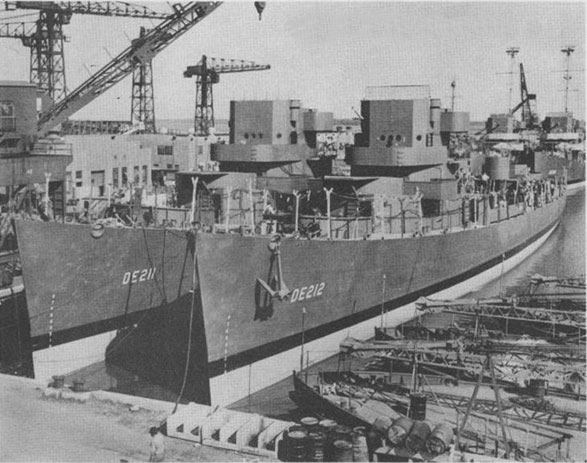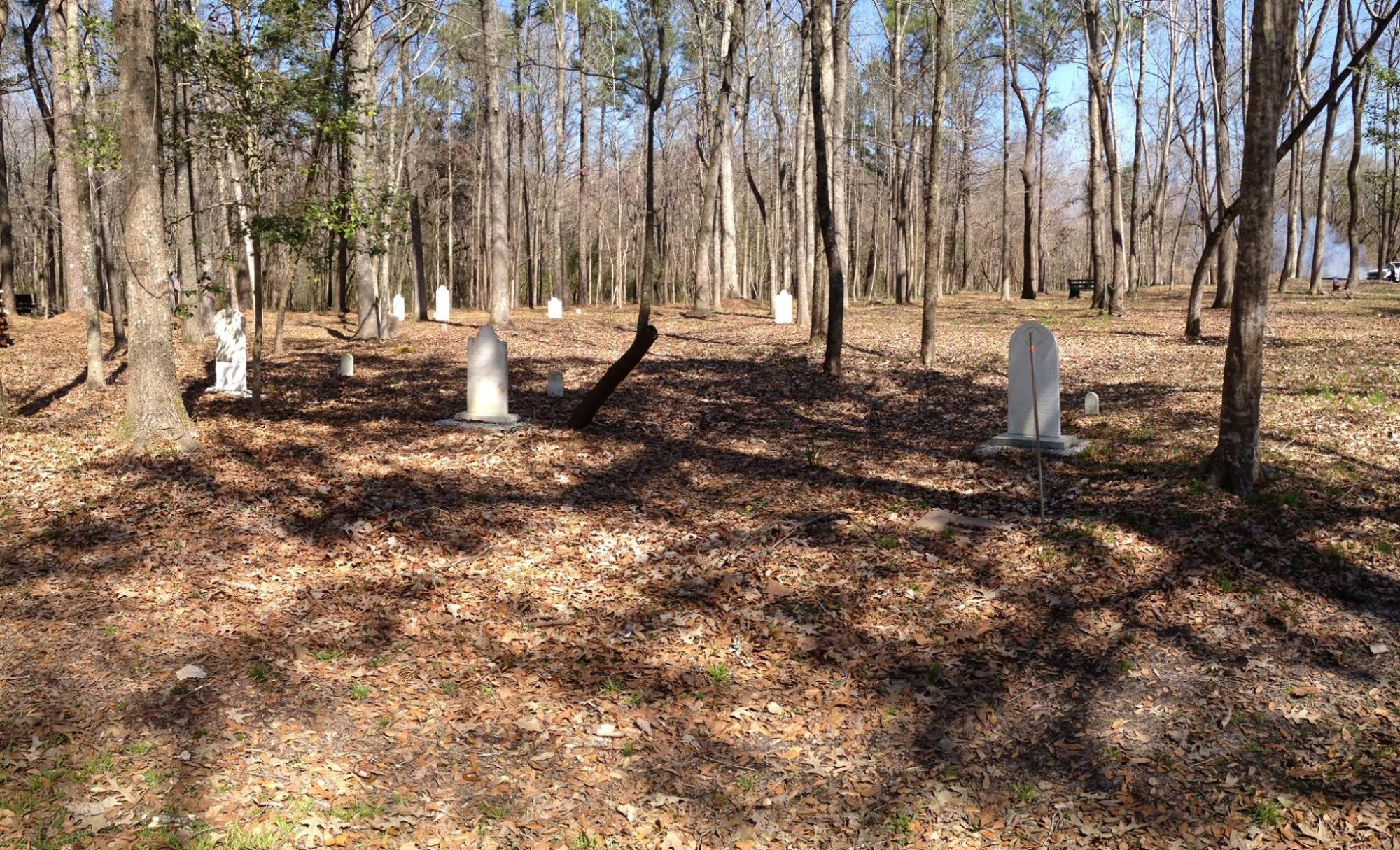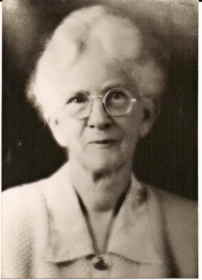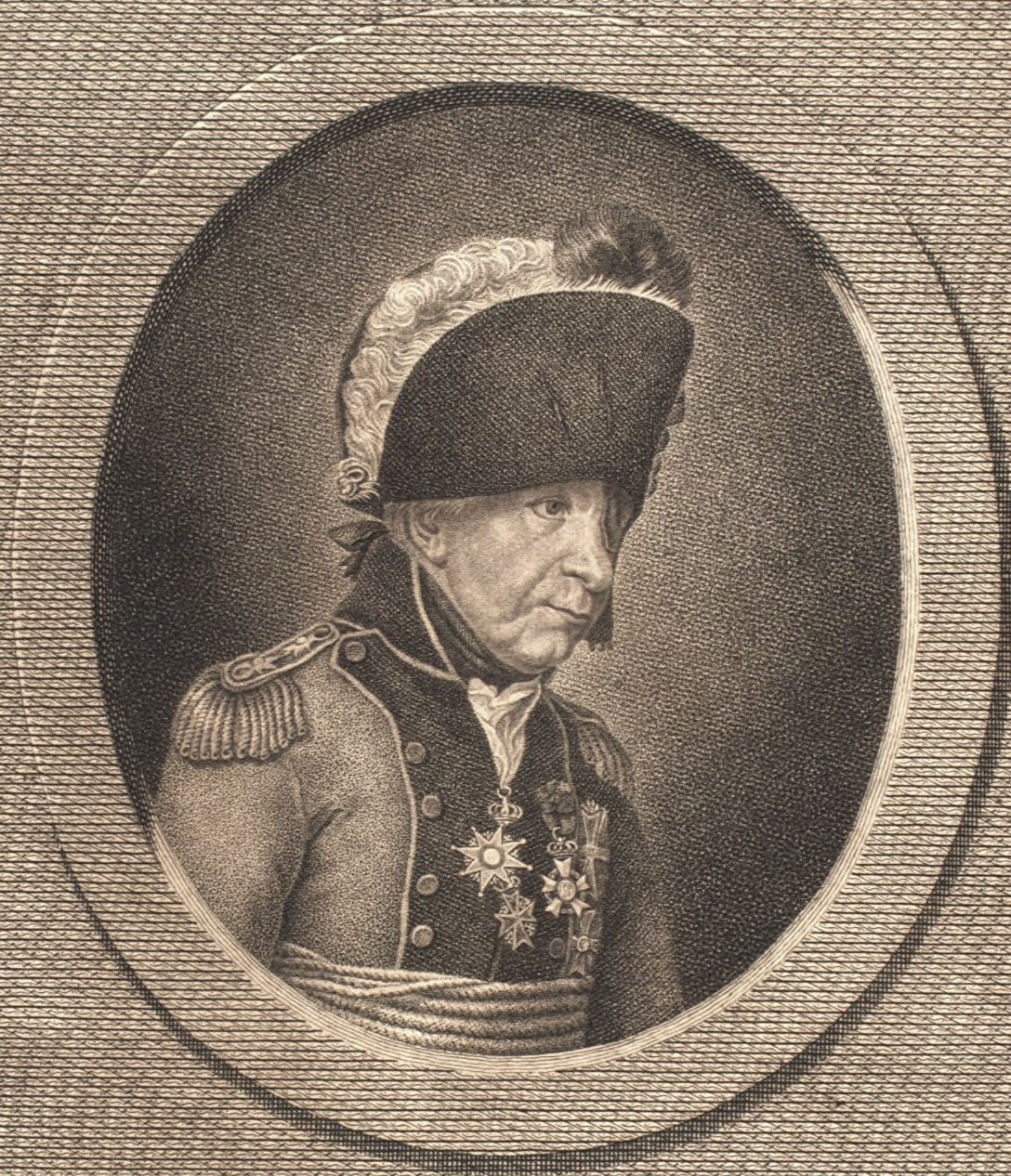
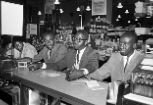
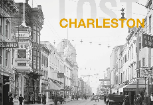
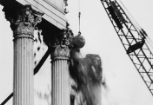
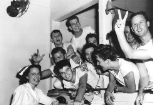

APRIL
April 1
1780 -- British Capt. Johann Ewald records that “The county around Gibbes’ house has been made a park and depot for the siege, and the greenhouse is a laboratory.”
1861 -- President Abraham Lincoln met secretly with his Secretary of State to discuss sending two fleets to relieve Federal troops stationed at Fort Sumter in Charleston and Fort Pickens in Pensacola, Fla.
1948 -- John Stewart Carter was born in Little Rock, Ark. Shortly after his marriage to his second wife Betsey in 1981, the couple moved to her hometown of Charleston. John taught at The Citadel, attaining the rank of Colonel and Head of the Department of Health, Exercise and Sport Science. He also served as the Bulldogs' play caller and founded the Citadel's Ombuds program. As its first Ombudsperson, John help the Citadel community during its difficult transition to coeducation in the 1990s. The John S. Carter Scholarship was established in his honor.
1960 -- Twenty-four black students from Burke High School staged a Civil Rights sit-in at the Kresse Department Store lunch counter on King Street, changing the city's dialogue about the issues facing racial equality in America.
1996 -- The Charleston Naval Base and Shipyard closed.
April 2
1811 -- The South Carolina Advocate reported on the burning of the Cooper River Campground, which was also known as the Goose Creek Methodist Camp, near the confluence of Goose Creek to the Cooper.
April 3
1861 -- Stormy weather caused the captain of a merchant ship to make a wrong turn into Charleston Harbor at a tenuous moment in history.
April 4
1861 -- President Lincoln met with naval Capt. Gustavus V. Fox to review a plan for handling the "Sumter situation."
April 5
1740 -- Concerned about the ever-increasing ratio of enslaved blacks to whites, the Assembly imposed a prohibitively high import duty on African slaves.
1861 -- Secretary of State Seward and Secretary of the Navy Welles realize they have conflicting orders regarding the relief missions of Fort Sumter and Fort Pickens.
April 6
1861 -- President Lincoln sends a message that one historian calls "a masterpiece of ambiguity" to Maj. Anderson at Fort Sumter and S.C. Gov. Francis Pickens regarding his relief mission plans.
1929 -- Perhaps Charleston's last true mid-20th century preservationist, Peter McGee, was born.
2023 --Professor Michael S. Kogan, who specialized in Jewish and Christian theology, passed away in Charleston. Dr. Kogan taught at Montclair State University in New Jersey in the Department of Philosophy and Religion for 41 years, serving as chair for 24 of those. He wrote Opening the Covenant: A Jewish Theology of Christianity, as well as many essays, book chapters, and scholarly articles. Dr. Kogan taught courses in theology at St. Johannes Lutheran, St. Stephen's Episcopal, K.K. Beth Elohim and Synagogue Emanu-El, and at the College of Charleston, among others. A long-time member of the Board of the Spoleto Festival, he also served on the Board of CofC's Yashick/Arnold Jewish Studies Program and was a "Pillar" of the Jewish Historical Society of South Carolina. He was a Life Member of the Sons of Confederate Veterans, Charleston's Fort Sumter Camp, and a former Commander and Adjutant of New York's General Archibald Gracie Camp 983, SCV. He was a member of the Palmetto Guards, Charleston Library Society, South Carolina Historical Society, Preservation Society of Charleston, Civil War Trust, South Carolina Battlefield Preservation Trust, Christian-Jewish Council and Harbor Club. The library of the CofC's Jewish Studies Center at the College of Charleston is named in honor of his great-great-great-grandfather, Rabbi Hirsch Levin. His great-great-grandfather, Harris Levin, and several other forbearers served in the Confederate army.
April 7
1861 -- S.C. Gov. Francis Pickens had uneasy 56th birthday after receiving a message from President Lincoln.
April 8
1861 -- Confederate President Jefferson Davis ordered Brig. Gen. Beauregard to not allow any ships flying the U.S. flag to enter Charleston Harbor.
April 9
1861 -- The Confederate Cabinet decided to attack Fort Sumter before Lincoln's supply ships could apprive there.
April 10
1861 -- Brig. Gen. Beauregard received orders that he demand the immediate evacuation of Fort Sumter.
April 11
1685 -- The Giton family, Huguenot refugees seeking a new life after the revocation of the Edict of Nantes, departed England after "three months waiting for a Carolina-bound ship." (Source: South Carolina Women, Vol. 1, p. 33)
1861 -- Brig. Gen. Beauregard dispated three aides to Maj. Robert Anderson with an ultimatum for surrender.
April 12
1861 -- The first shots were fired at Fort Sumter. The Civil War had begun in Charleston Harbor.
April 13
1780 -- British batteries, stationed near where Hampton Park is today, opened a two-hour barrage of round shot and incendiary bombs as the Seige of Charleston began. Fires broke out all around town, including in areas still recovering from the Great Fire of 1778. S.C. Gov. John Rutledge called for an evacuation of the city. Soldieirs were ordered to kill the packs of dogs that were running loose in the street.
April 14
1775 -- News reached Charles Town that Parliament was sending additional troops to enforce British policies (and taxation) in the colonies. (Source: Charleston, Charleston! by Walt Fraser, p. 141)
1780 -- British Gen. Banastre Tarleton led an attacked against S.C. Gen. Isaac Huger in the Battle for Moncks Corner, as part of the British capture of Charles Town.
April 15
1715 -- The Yamasee Indian War began as tribesmen fell on fronteir settlements about 80 miles south of Charles Town, killing more than 100 settlers, both white settlers and enslaved blacks. The colony's wealthiest Indian trader and legislator, Thomas Nairne, was tortuously roasted to death over a fire.
1732 -- Charles Lowndes paid Henry Gibbes 300 pounds to lease five enslaved people, because by increasing the size of his "household," he would qualify to enhace the size of his land grant. Grants were based on how many people were in one's household. An enslaved man was counted as 3/5 of a man. Women, free or enslaved, counted for nothing. (Source: Goose Creek: A Definitive History Vol. 1, p. 86)
April 17
1715 -- The Rev. Francis LeJau, Doctor of Divinity and Rector of the St. James Goose Creek (Anglican) Church, greeted his parishioners on Easter Sunday, the first service at their new church.
2025 -- Attorneys for racist mass murderer Dylan Roof filed a motion in federal court seeking to set aside his death sentence, claiming that his attorneys had been incompetent. Roof had fired his attorneys and represented himself during juty selection and the sentencing phase of his 2017 federal capital trial in an effort to block evidence that portrayed him as autistic. He later told attorey David Bruck he would kill him if he ever got out of jail.
April 21
1753 -- An act was passed by the Provencial Assembly to build the Four Hole Swamp bridge inupper Goose Creek Parish. (Source: Goose Creek: A Definitive History Vol. 1, p. 110.
1743 -- Charles Lowndes paid James Kinloch 600 pounds to lease seven enslaved people, because by increasing the size of his "household," he would qualify to enhace the size of his land grant. Grants were based on how many people were in one's household. An enslaved man was counted as 3/5 of a person. Women, free or enslaved, counted for nothing. (Source: Goose Creek: A Definitive History Vol. 1, p. 86)
April 23
1860 -- The Democratic National Convention, which turned out to be a disaster, convened at S.C. Institute Hall on Meeting Street.
April 24
1870 -- Maria Louisa Porcher was born at Porcher's Bluff.
April 25
1715 -- Good Friday. In response to the increase in settlers' enslaving Native Americans, the Yemasees, Creeks, Catawbas and Choctaw tribes together attacked a number of frontier settlements about 80 miles southwest of Charles Town. They slew about 100 people. One of them, trader Thomas Nairne, was roasted to death.
1732 -- Charles Lowndes paid Henry Gibbes 330 English pounds to "lease" five slaves in order to enlarge his "family" so that he would be eligible to acquire a new land grant based on how many people were in his household. Six days later, he paid James Kinloch 600 pounds to lease seven more. (Source: Goose Creek: A Definitive History, Vol. 1)
April 26
1775 -- In response to the news that British troops were being dispatched to the colonies, the Secret Committee of Five, created by the Provisional Congress and led by William Henry Drayton, seized the arms and powder that were being stored in local magazines and hid them in private houses throughout the city.(Source: Charleston, Charleston! by Walt Fraser, p. 141)
April 27
1776 -- An interdenominational meeting chose William Tennent as their representative in the state assembly to lobby for religious freedom in the new state constitution.
April 28
2023 -- A golf cart carrying four people was struck from behind by an alleged drunk driver on Folly Beach, killing 34-year-old Samantha Miller and injuring her new husband, Aric Hutchinson, and two members of Hutchison's family. The couple had just celebrated their wedding on th beach a few hours earlier.
April 30
1860 -- Most of the Southern delegates to the Democratic National Convention, which was meeting in S.C. Institute Hall, walked out, feeling that their concerns regarding states' rights had not been heard.
1960 -- The News & Courier reported that the last pillar of the Charleston Hotel had been demolished at 3 a.m. the morning before.

